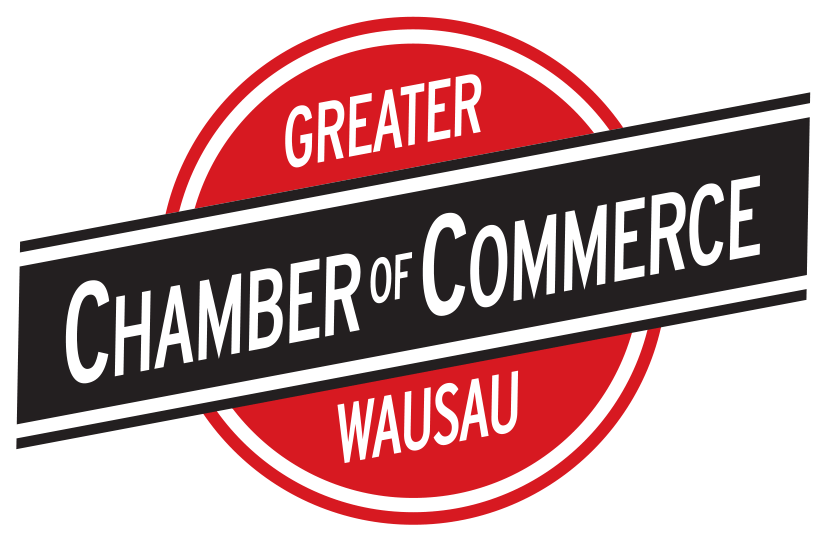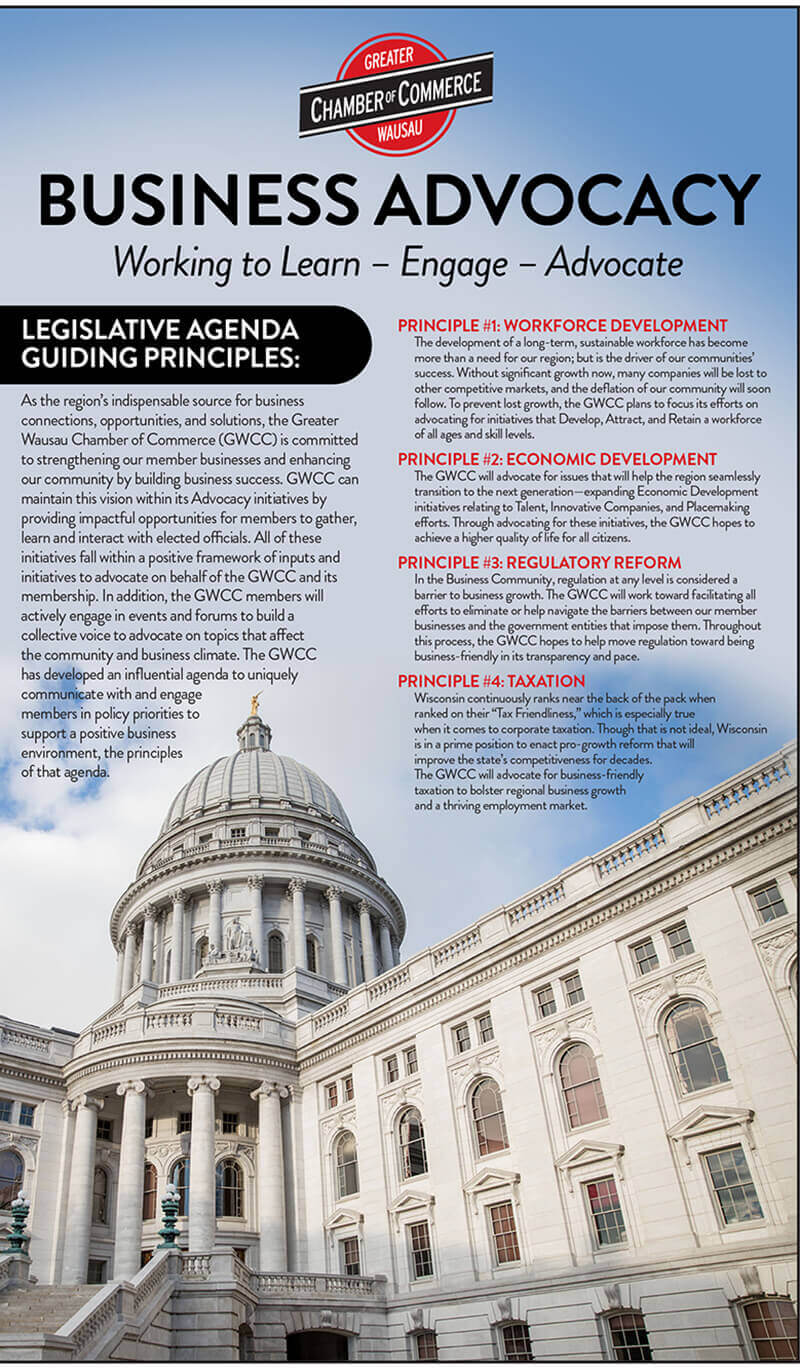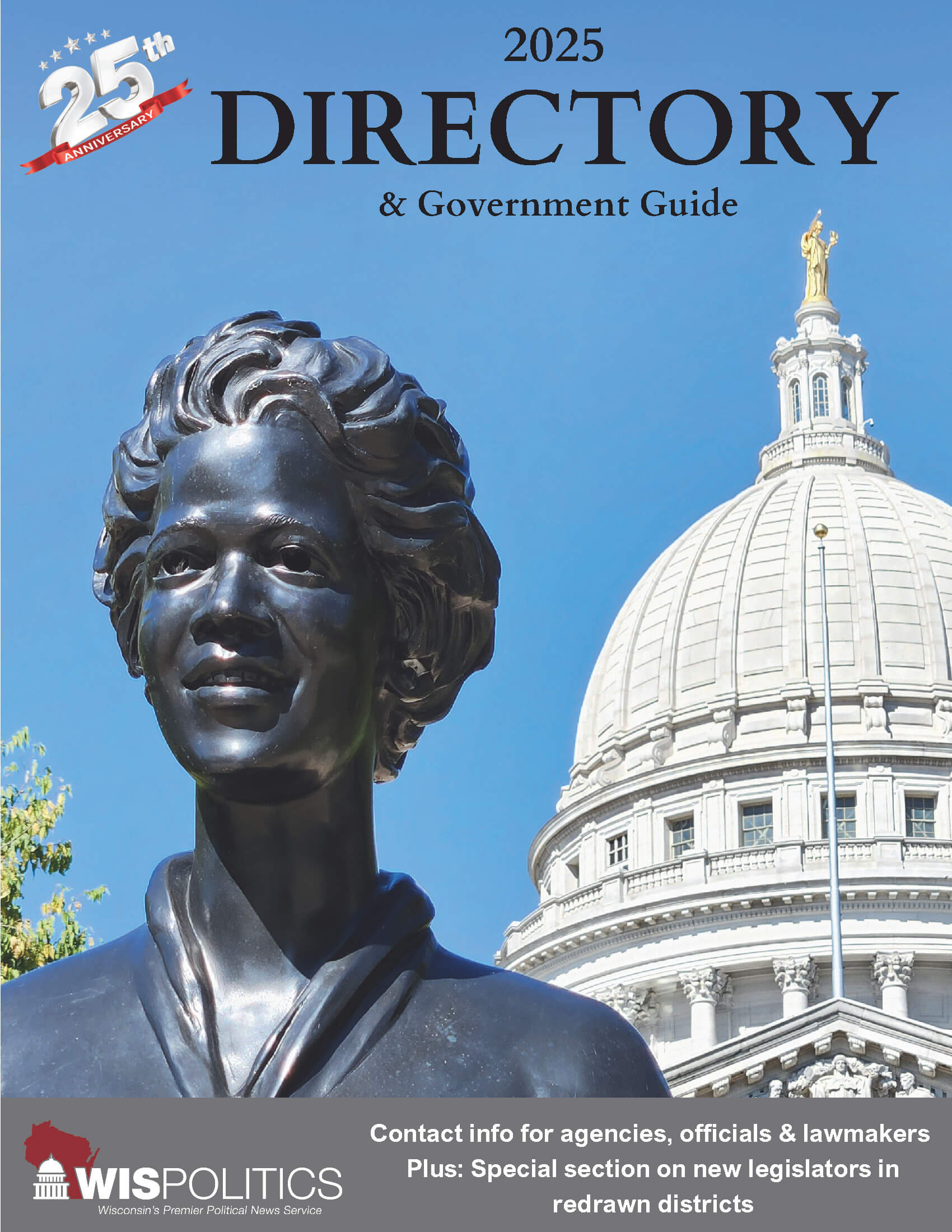
How to make your point with our elected officials:
If you want to get things done on a political level, sometimes voting isn't enough. You have to make your case directly to the people at or near the top.
But what's the best way to do that?
Most people who want to reach out to their elected representatives come up short for anything beyond writing the occasional letter to their congressional representative or senator, and many of them are at a loss for how to do even that. Getting your point across to powerful people is one of the ways we can boost our civic power, so it's definitely a skill worth learning.
Here are some approaches that tend to work.
Going Through Official Channels
There's a reason everybody who represents you, from the city council to the President of the United States, has a publicly available email address; it's perhaps the easiest way to reach them with your concerns. If you're able to compose a persuasive letter putting your concerns across, you might be in contact with the right person just minutes after hitting send.
We've assembled contact information for a variety of public officials, below, to make it easy for you to reach out to them.
Less-Formal Approaches
If you've tried going through channels and you're still waiting for results, or if you're concerned your communication will get lost in the shuffle if you leave it at that, you might consider taking a less-formal approach to making your point with an elected official.
One way is to personally lobby for an issue. Many civically engaged citizens take the time to visit city council and county board of supervisors' meetings, where they can be added to the meeting schedule and get some allotment of time to speak on an issue. Failing that, you can often schedule a personal meeting with your representative in their office.
Make Your Point With Elected Officials
However you go about contacting your elected representatives, remember that they meet all sorts of people, and you're far more likely to get what you want if you're polite, reasonable and can make a logical case. Before your meeting, or before you send your email, try going over what you want to say with a skeptical eye. Address any weaknesses in your argument before bringing it to your elected official; it's bound to make your argument much stronger and more persuasive.
Contact Your Legislative Representatives
If you want to get things done on a political level, sometimes voting isn't enough. You have to make your case directly to the people at or near the top.
DISCLAIMER - Although the Greater Wausau Chamber of Commerce is an accredited member of the United States Chamber of Commerce (USCC) and a long-time member of Wisconsin Manufacturers and Commerce (WMC), it does not automatically support or oppose any legislative or elections-related positions set forth by these associations. The Greater Wausau Chamber of Commerce independently assesses each issue based upon the impact it will have on our Chamber members and the Wausau region as a whole before deciding upon the position deemed most appropriate for our Chamber. As such, no portion of our members' dues goes towards any actions taken by these outside organizations, including political ads, marketing campaigns or other related governmental activities.
Legislative Agenda:
Download the Business Advocacy committee's Legislative Agenda:
Business Advocacy Program Ideas?
Do you have an idea for a future business advocacy program that can help inform and/or educate members about business-related governmental issues?
Contact the Chamber at programs@wausauchamber.com or call 715-845-6231 to share your ideas!
If you have any questions about the Chamber's Business Advocacy efforts, contact President and CEO of the Chamber Dave Eckmann at deckmann@wausauchamber.com or by calling 715-848-5946.
Directory & Almanac



